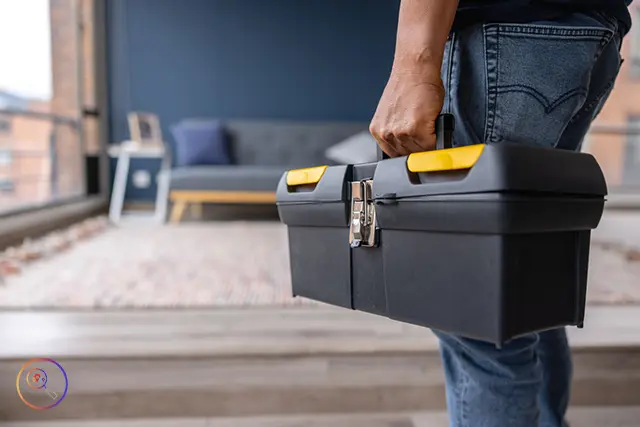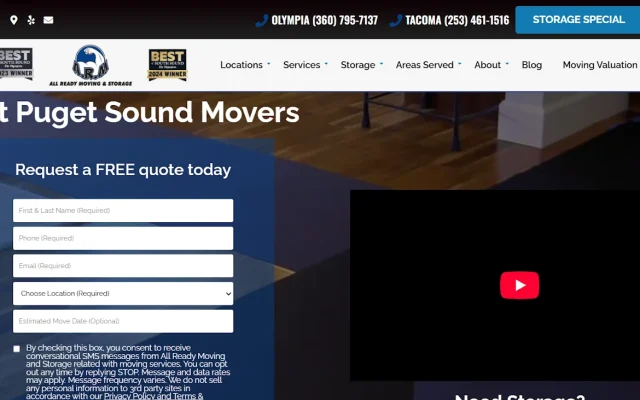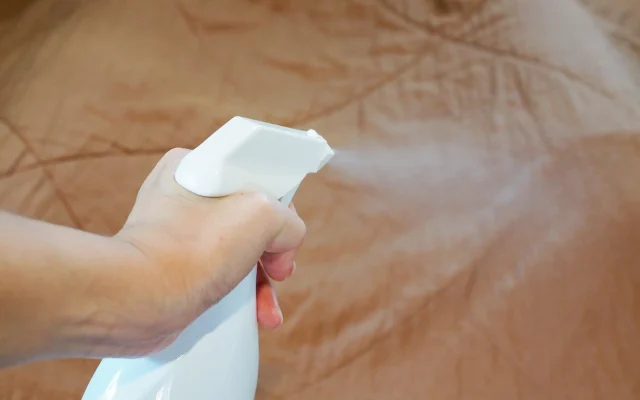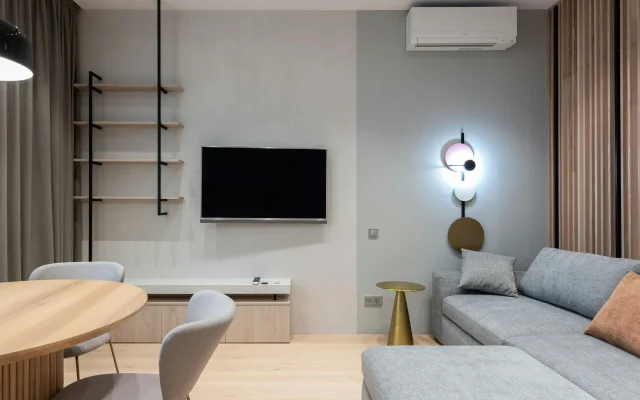Living in an apartment comes with its perks, fewer responsibilities, no roof to fix, and someone else to handle the plumbing. But when the AC goes out in the middle of summer or the ceiling starts dripping at midnight, one thing becomes crystal clear: knowing how to report apartment maintenance issues isn’t optional, it’s essential. And not just report them, but report them in a way that gets actual results.
Too often, renters get stuck in a frustrating loop of unreturned calls, vague promises, or complete radio silence. That’s why we’re breaking it all down for you. This isn’t about venting, it’s about taking action. From decoding your lease to documenting damage like a pro, we’ll walk you through how to handle maintenance problems with confidence, professionalism, and yes, results that stick.
1. Understand Your Lease and Tenant Rights
Before sending that email or leaving a voicemail, start with your lease agreement. It’s more than just paperwork, it outlines how to report apartment maintenance issues and the expected response time. Many leases distinguish between emergency and routine repairs, so knowing the difference matters.
Then, go beyond the lease and look into your local tenant rights. Most cities and states have laws requiring landlords to keep units safe and habitable, functioning heat, water, electricity, and a clean environment. Understanding both your lease and local laws empowers you to speak up confidently and demand repairs without second-guessing your rights.
2. Document the Issue Immediately
When something breaks or a serious issue appears, like mold, leaks, or pests, don’t just complain. Document it. Take clear photos, record short videos, and save all communication with management. These visual and written records prove the problem exists and when you reported it.
Create a folder on your phone or computer to keep everything organized. If your landlord delays or denies the issue, this evidence becomes your backup, and potentially your best defense in getting the issue resolved quickly and properly.
3. Report the Problem in Writing
Always report maintenance problems in writing. Even if you initially speak to your landlord or apartment manager in person or over the phone, follow up with an email or message through the tenant portal if available. Written communication serves as proof and ensures there’s a record of your request.
Your message should be polite but firm. Include the following:
- A clear description of the problem
- When you first noticed it
- How it’s affecting your quality of life
- Photos or videos as attachments
- A reasonable timeline for when you expect it to be fixed
4. Follow Up Regularly
So you reported the issue… and heard nothing? Time to follow up. Don’t wait a month hoping they magically remembered.
Send a professional reminder. Reattach the photos. Reference your original request. Stay cool but make it clear you’re not letting this slide.
5. Contact Higher Management or Property Owners
Still no action? Now it’s time to contact someone higher up.
If your complex is managed by a property management company, reach out to their corporate office. Many have customer service lines for unresolved tenant concerns. Use the same documentation and clearly state how long you’ve been waiting.
Persistence is your power.

6. Seek Help from Local Housing Authorities
If your issue puts your health or safety at risk, think no heat, serious leaks, black mold, you’re within your rights to contact the local housing authority.
They don’t just offer advice. Inspectors can show up, issue warnings, and legally require your landlord to act. Knowing how to report apartment maintenance to these agencies can be your ace in the hole.
7. Use Rent Withholding or Repair-and-Deduct Laws (If Legal in Your Area)
In some states, tenants can legally withhold rent until major issues are fixed. Others allow what’s called “repair and deduct”, you fix it, subtract the cost from rent.
These are powerful options, but risky if done wrong. Always check your local laws and consult a tenant rights group before going this route.
8. Keep Cool and Stay Professional
Yes, you might be furious. But yelling at the property manager or firing off angry emails? That rarely works.
Stay calm. Stay professional. Stick to facts. Being respectful makes your requests easier to support.
9. Move Out or Break the Lease (as a Last Resort)
If it’s been weeks or months and nothing’s improved, you may need to break the lease. In many states, you can legally do this if your unit is uninhabitable, but again, documentation and legal advice are crucial.
Letting go isn’t quitting. It’s choosing better.
10. Prevent Future Problems: Ask the Right Questions Before Renting
Want to sidestep future maintenance chaos? Ask questions before you sign the lease:
Choosing a responsive management team makes all the difference.
Bonus Insight for Veterans and Future Homeowners
If you’re tired of rental hassles and dream of building your own home, there are financial programs designed to help. For eligible veterans, a VA Construction Loan offers a path to build a new home with no down payment. Unlike traditional mortgages, this type of VA loan allows you to finance both the construction and the permanent mortgage under a single loan making the process smoother and more affordable.
Frequently Asked Questions (FAQs)
Always report issues in writing through email or your tenant portal. This creates a paper trail and ensures your request is documented with a timestamp.
Response times vary by lease and local law, but urgent issues (like no heat or major leaks) often require action within 24–72 hours. Non-emergency requests may take longer, but should still be addressed promptly.
In some states, yes, but there are strict legal steps involved. Always check local laws or consult a tenant rights group before withholding rent to avoid potential eviction.
Be clear and concise. Include the issue, date it began, photos if possible, and a polite but firm tone requesting timely resolution.
Escalate to the property’s corporate office or regional management. If that fails, contact your local housing authority for inspection or legal intervention.
No, verbal requests can be forgotten or denied. Written communication is essential for accountability and proof if issues escalate.
Document everything and contact your local housing authority immediately. They can inspect the property and require the landlord to make necessary repairs.
Conclusion
Learning how to report apartment maintenance issues the right way isn’t just about fixing a leaky pipe. It’s about standing up for your comfort, health, and rights. Start with your lease, document everything, stay professional, and speak up. Most importantly? Know when to escalate and when to walk away.
Because you deserve a home that works as hard as you do. Whether you’re renting an apartment or planning to own your dream home through a VA loan, understanding your rights and responsibilities is key to maintaining peace of mind and a well-maintained living environment.
Ready to take control of your rental experience? Stay empowered. Stay informed. And never settle for broken.







